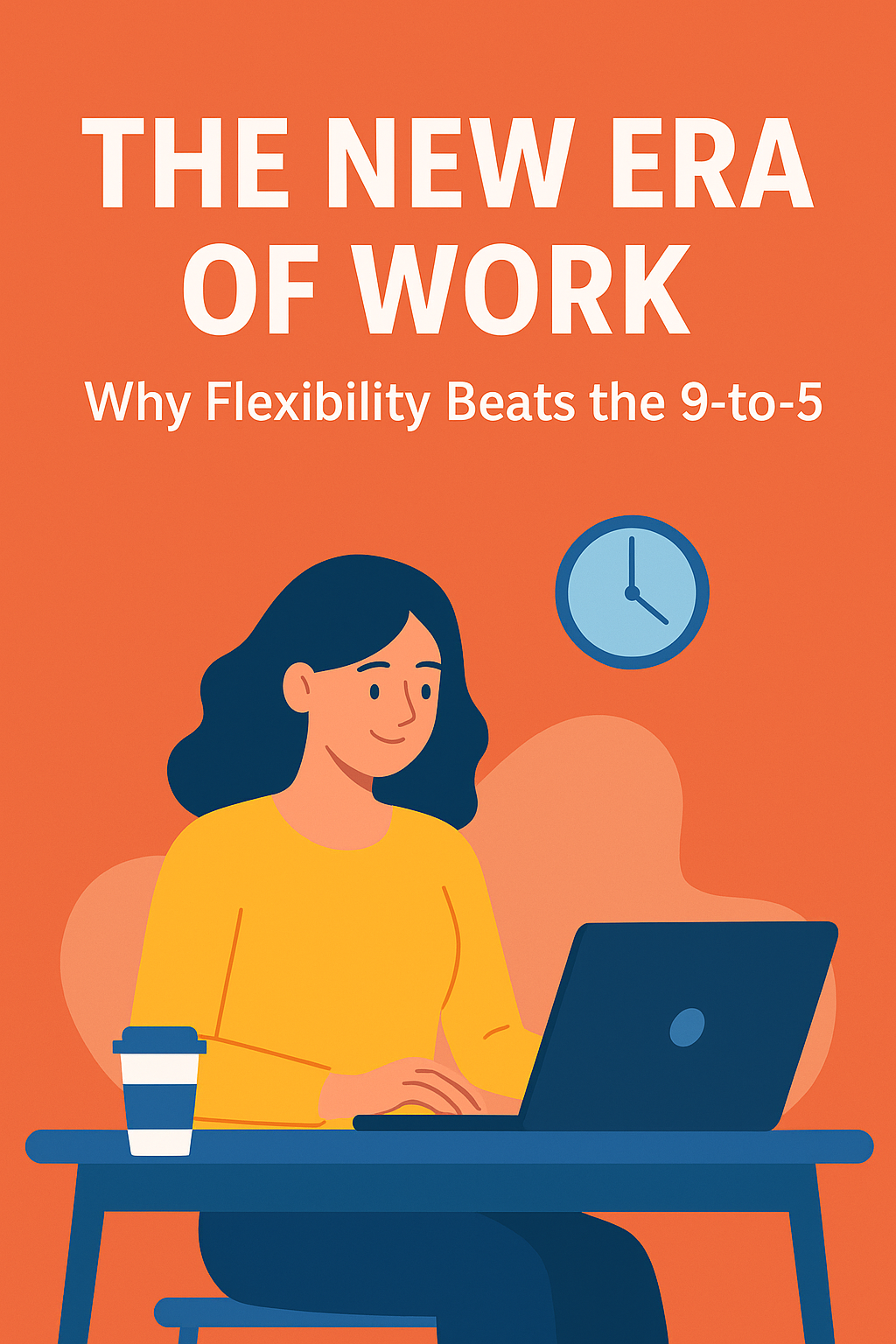

The traditional 9-to-5 work model is slowly fading into history. In its place, a new era of flexibility, creativity, and autonomy is redefining how we view productivity. Across industries, professionals are realizing that success doesn’t come from sitting at a desk for eight hours — it comes from working smarter, not longer.
In the past, companies valued presence over performance. But with the rise of digital tools, remote collaboration, and changing employee expectations, that mindset is rapidly shifting. Today, people want more than a paycheck — they want freedom, balance, and purpose. Businesses that adapt to this change are not just keeping employees happier; they’re also becoming more competitive.
Flexible work arrangements lead to higher motivation, better mental health, and greater innovation. When employees have control over their time, they bring their best selves to the table. Startups, in particular, have embraced this approach — measuring success by results, not rigid schedules.
Of course, flexibility doesn’t mean chaos. It requires trust, communication, and accountability. Leaders must set clear expectations while giving their teams the space to perform in their own way. This balance is what defines the modern workplace — one that values people as much as productivity.
As the world continues to evolve, flexibility will no longer be a “perk.” It will be a standard. The future of work belongs to those who understand that creativity golf hit thrives not under pressure, but under freedom.